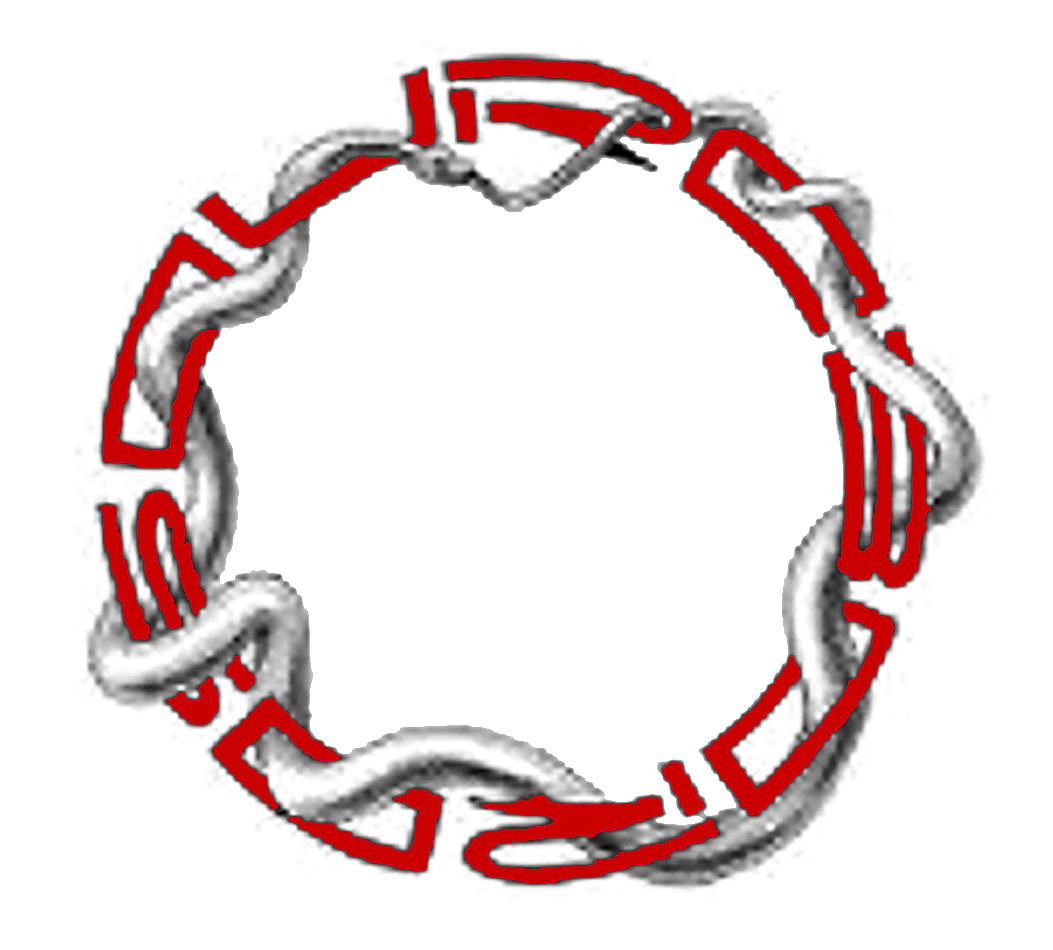August 25th, 2011 — 1:33pm

(read the book free online – read the Reddit AMA)
Imagine you live in a small apartment above a bookstore.
Like most bookstores, it has an area set aside for perusing novels and consuming refreshments where you can relax with a alluring and fragrant pile of books stacked in front of you. The only sounds come from the soft mood music the establishment is piping in and the contented signs of other customers. You’re free to evaluate each prospective purchase at your own leisure, languidly stroking their pages one-by-one, seeing if this one or that one’s spine has what you’re looking for attached to it.
No one who works there ever comes up and hassles you about hurrying up and buying something already, there’s an implicit pact between client and business – you’re free to lounge for as long as you’d like, but if you want the convenience of taking the book with you, a fee is required.
That’s really all you’re paying, a convenience fee. Each book sits on the shelf open and waiting, shyly beckoning you with coyly designed covers and promising words – tempting you to pick them up, sit them in your lap, fall in love with them, and pay to take them home. But whether or not payment is rendered, you can still have your way with as many books as you want, regardless of whether or not you pay a single cent.
Continue reading »
8 comments » | books, current affairs, e-books, news, publishing, terrorism, war on drugs
August 17th, 2011 — 5:25pm

(read the book free online – read the Reddit AMA)
British Prime Minister David Cameron is looking to make like an autocratic Arab dictator, and use the aftermath of the anarchistic violence that just swept across England’s streets as a reason to push through reforms curtailing internet speech and increasing online surveillance. This follows closely on the heels of the United States passing it’s own bill drastically curtailing internet anonymity, as it forces ISPs to log massive amounts of user data.
The history of the Isles cracking down on the dissemination of dissent goes back at least to 1644, when the English Parliament re-introduced government control of printing and publishers in response to John Milton’s essay arguing against the Catholic Church’s strictures against divorce. Milton’s response championed free-speech above all other liberal rights: “Give me the liberty to know, to utter, and to argue freely according to conscience, above all liberties.”
But governments across Europe had been actively trying to prevent that for centuries, as at one time or another the roster of banned books included those written by Descartes, Galileo, Hume, Locke, Defoe, Rousseau, and Voltaire. Limiting and controlling thought is nothing new to governments, and so it was this history of official censorship and censure that in 1776 led Thomas Paine to take an important precaution when he published the argument that caused the call for American independence to fully coalesce.
Continue reading »
6 comments » | books, current affairs, memes, terrorism
August 8th, 2011 — 7:51am

(learn more about the book at the “Ask Me Anything” on Reddit)
Here’s a sad truth, expressed by a Londoner when asked by a television reporter: Is rioting the correct way to express your discontent?
“Yes,” said the young man. “You wouldn’t be talking to me now if we didn’t riot, would you?”
The TV reporter from Britain’s ITV had no response. So the young man pressed his advantage. “Two months ago we marched to Scotland Yard, more than 2,000 of us, all blacks, and it was peaceful and calm and you know what? Not a word in the press. Last night a bit of rioting and looting and look around you.”
– MSNBC.com’s World Blog
The ongoing riots in and around London highlight the truth behind an old Arab proverb: “victory is not gained by the number killed, but by the number frightened.” The formative entropy that began when a Tunisian fruit-dealer immolated himself on the street has finally rippled out across borders of the Arab world and into the West.
But this isn’t the first time an act of public violence somewhere else in the world has started a movement that ends up resonating inside the West as well.
As one century melded into the next, a different sort of terrorism began to stir in the core of the world’s great power.
Like others before, it was rooted in protest against the oppressive policies of what it saw as an immoral and corrupt government. A government that was seen by many as having no right to be exercising any influence over the lives of a people and occupying its lands. A government that hadn’t been legitimately elected by its people and was seen by many as serving the interests of a wealthy elite while ignoring the moral and social degeneration going on inside the nation.
Continue reading »
3 comments » | Uncategorized







